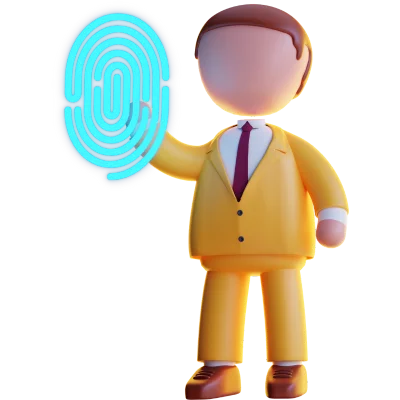Access to Vetted Talent
Save valuable time and resources by accessing a pool of candidates that have already undergone rigorous skill and background checks. Anicalls ensures that you receive profiles that align with your expectations and needs.


Providing a clear and comprehensive overview of the role's responsibilities and expectations.
Thoughtfully selecting and presenting a tailored pool of skilled candidates.
Engaging candidates in thorough discussions to understand their expertise and alignment with client needs.
Ensuring a smooth transition and effective collaboration as the consultant becomes an integral part of the client's team.
A Forensic Analyst, often referred to as a Digital Forensic Analyst or Computer Forensic Analyst, specializes in collecting, preserving, and analyzing digital evidence in various legal and security contexts.
A Forensic Analyst needs a deep understanding of computer systems, operating systems, file structures, and network protocols. Strong attention to detail, analytical thinking, and problem-solving skills are essential.
Anicalls forensic analyst Investigates cyber-attacks and breaches to understand how they happened, who might be responsible, and how to prevent similar incidents in the future.
Secure and collect digital evidence from various devices, such as computers, smartphones, tablets, and servers, ensuring no alteration or destruction of the data occurs.
Utilize best practices to ensure the integrity and chain of custody of evidence is maintained throughout the forensic analysis process.
Extract, process, and interpret computer data, such as emails, files, system logs, and other user-generated content to uncover relevant pieces of evidence.
Employ industry-standard forensic software tools, like EnCase, FTK, or Cellebrite, to recover hidden, deleted, or lost data from devices.
Work alongside law enforcement, legal professionals, or internal security teams to provide insights and technical expertise.
In legal contexts, the Forensic Analyst might be called upon to provide expert testimony in court to explain their findings & methods.
Often work alongside incident responders during security breaches to understand the scope of an incident.
Engage in research to develop new forensic techniques or improve existing ones, especially with the emergence of new technology or software.
Share expertise with other team members and potentially provide training sessions on digital forensics best practices to other employees or stakeholders.